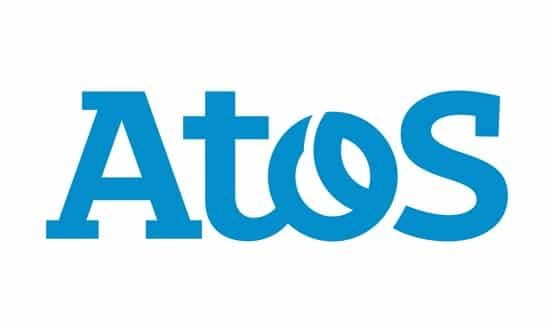Kaiser Permanente Aims for E-Health within Three Years
- 5 February 2003
Kaiser Permanente, the second biggest integrated health delivery organisation in the US, has announced that it will invest $1.8 billion in advanced ICT systems including electronic medical records, electronic appointment booking, electronic prescription refills and referral requests.
The programme represents one of the largest and most ambitious implementations of electronic medical records yet seen, in a move intended to transform the quality, safety and efficiency of healthcare services delivered to Kaiser Permanente’s 8.4 million members.
Epic Systems will provide Kaiser Permanente with a next-generation system that will include web-based electronic medical records accessible online by both healthcare professionals and patients. The system will also enable patients to electronically book appointments, order repeat prescriptions and request referrals.
The new system will be implemented in phases, with full functionality scheduled to be available to all patients and physicians nationally within the next three years. The Epic system is said to incorporate state-of-the-art security and be fully compliant with US government privacy regulations.
Significantly the main applications to be delivered: electronic records, prescription refills, electronic appointment booking, closely match the priority areas in the NHS National Information Programme.
However, while the UK Department of Health has allocated £2.3 billion for additional ICT investment for the approximately 50 million citizens covered by NHS in England to achieve similar objectives, Kaiser Permanente is reported to be investing $1.8 billion to deliver the systems to its 8.4 million members.
Partnering with Epic Systems marks a shift away from Kaiser Permanente’s previous strategy of developing electronic records in-house. According to a Wall Street Journal report Kaiser Permanente anticipates it will achieve savings of $1 billion through use of the Epic system.
Kaiser Permanente says the new system will further the ongoing partnership between patients and physicians by making health care and health maintenance an integrated process.
"People are starting to realize how automated medical systems enhance the quality of patient care, but until now, no one has implemented them so thoroughly on such a large scale," said George Halvorson, Chairman and CEO of Kaiser Foundation Health Plan and Kaiser Foundation Hospitals, Inc.
Patients, physicians and other authorized health care staff will have immediate access to complete, up-to-the-minute medical records, including test results, regardless of time or location. The new system will also provide healthcare staff with immediate access to the best current medical science and knowledge resources.
Mr Halverson added: "Creating secure 24/7 access to up-to-date patient records will mean improved patient care – whether patients visit their personal physician or any provider in our medical groups across the country."
Kaiser Permanente says the investment in new ICT systems will help automate the delivery of healthcare and eliminate the inefficiencies and potential errors associated paper-based systems.
"This new initiative is a wonderful example of how the power of information technology can be harnessed to make the kind of achievable improvements in health care quality that the American people want and deserve," commented Carolyn Clancy, M.D., Acting Director of the Agency for Healthcare Research and Quality, U.S. Department of Health and Human Services
Judith Faulkner, CEO and founder of Epic Systems Corporation, added: "Kaiser Permanente’s vision offers significant advantages for providers and patients alike, especially in sharing information across locations and over time.”
Kaiser Permanente serves the health care needs of 8.4 million members in nine US states. Nationwide the organisation includes approximately 90,000 technical, administrative and clerical employees and about 11,000 physicians.
The US healthcare provider has attracted strong interest from the UK Department of Health and National Health Service, and was cited in the Treasury’s 2002 Wanless Review into funding of the NHS as a leading health organisation that had shown the benefits of strategic investment in clinical ICT systems.




